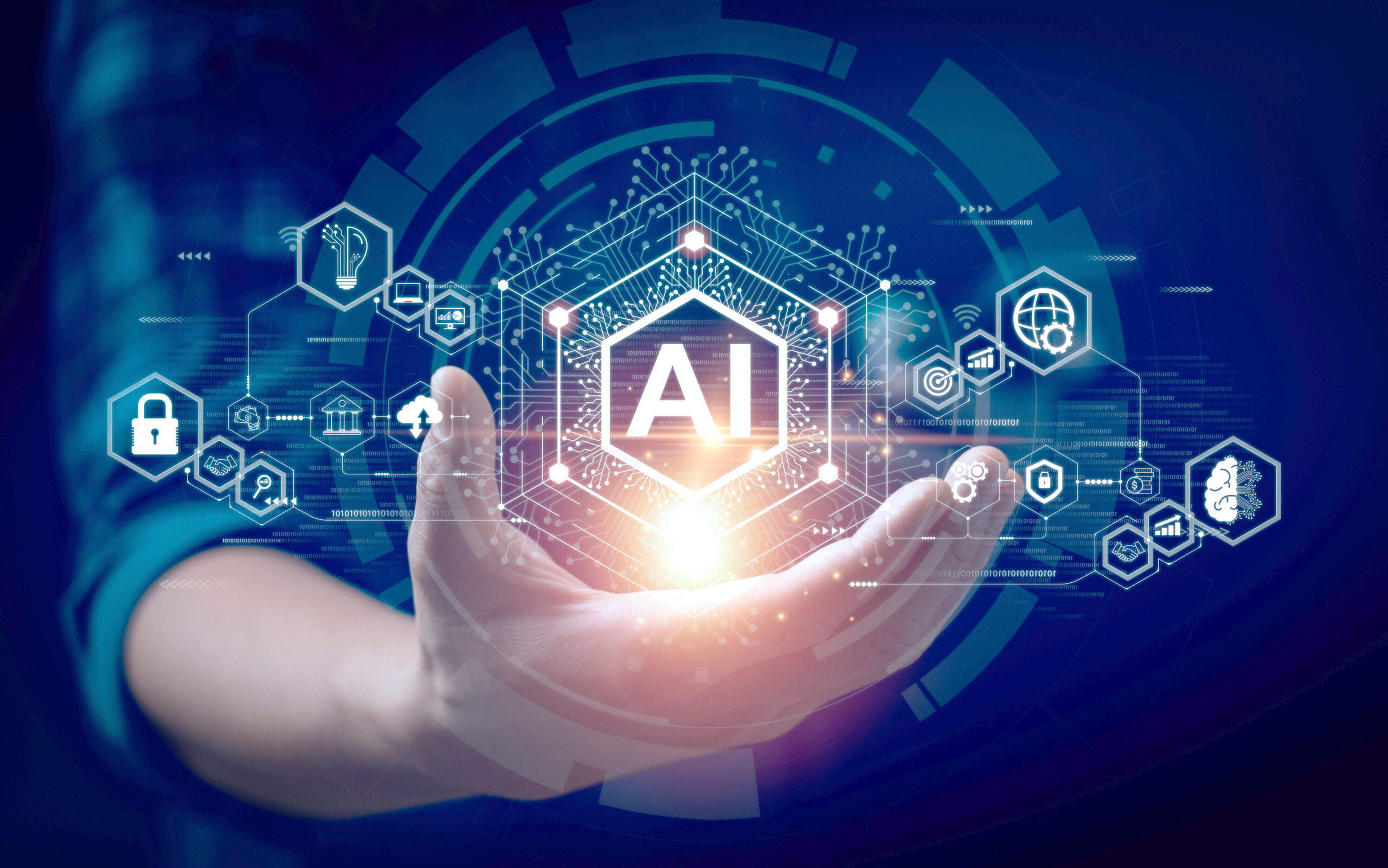AI (Artificial Intelligence) has been an ongoing hot topic in recent decades and its presence in our lives is growing faster every day. As the accumulated growth gets to a transformative point, another industrial revolution might come and largely change the way we live and work. Moreover, AI is very different from other major technologies we have observed, partially because of the word “Intelligence” since, historically, humans have been considered the most intelligent species. Will Artificial Intelligence beat human intelligence? Or will AI take over the world and control humans instead? We can address these questions in two phases: short-term vs. long-term, and two perspectives: reactive vs. proactive.
In the short term, AI is still a common tool that humans use in various fields, and it is not always as “smart” as humans. For now, people use AI to work more efficiently and live better. The core competence of AI is Machine Learning, which is what enables machines to “learn” with “intelligence” and perform tasks previously only done by humans. Self-driving vehicles are one example, and this technology has developed rapidly since Tesla Motors announced the first version of Autopilot in 2014.
Chatting is another human-like task that AI conducts. Until now, this functionality has been mostly used through “chatbots” providing automated chats for customer service communication. The release of ChatGPT was a recent breakthrough in this technology. GPT stands for “Generative Pre-trained Transformer” and this iteration is a lot more powerful than previous chatbots because it can generate human-like conversations, well-written essays, programming codes, and emails. It is so smart and fast in responding to conversations that it was estimated ChatGPT will replace many jobs in this field, certainly impacting the way we work and live. While AI might replace many human jobs, it might also create new job opportunities depending on how we respond. If we are reactive, it might negatively impact us when these job losses occur. If we think proactively about how we should prepare ourselves to embrace these changes and make ourselves stronger, the result could benefit us in the future.
Another application that raises potential concerns is AI Implants, which can implant AI chips into human brains so that people can “think and respond” much faster. Though this is incredible and developmentally futuristic technology, is it ethical? What kind of world will it lead to if humans are not “pure”, with partial AI brains or possibly being partially controlled by AI? This is another example that depends on whether we are reactive or proactive to this technology.
In the long term, the future of AI is still uncertain. It is not impossible that AI becomes self-aware and “takes over humans” if leaders and policymakers do not take ethics into consideration regarding their decisions. When AI is just a human-fully-controlled tool like a calculator, there is no ethical concern. But what if AI grows out of our human control? This is largely dependent on how humans would like to usher the AI industry. Hopefully, government leaders and policymakers will be able to foresee the multitude of latent, bleak outcomes and regulate the AI industry to optimally benefit humans in the long term.
The content of this page is only for informational purposes and is not intended, expressly or by implication, as a guarantee of employment or salary, which vary based on many factors including but not limited to education, credentials, and experience. Alliant International University explicitly makes no representations or guarantees about the accuracy of the information provided by any prospective employer or any other website. Salary information available on the internet may not reflect the typical experience of Alliant graduates. Alliant does not guarantee that any graduate will be placed with a particular employer or in any specific employment position.
